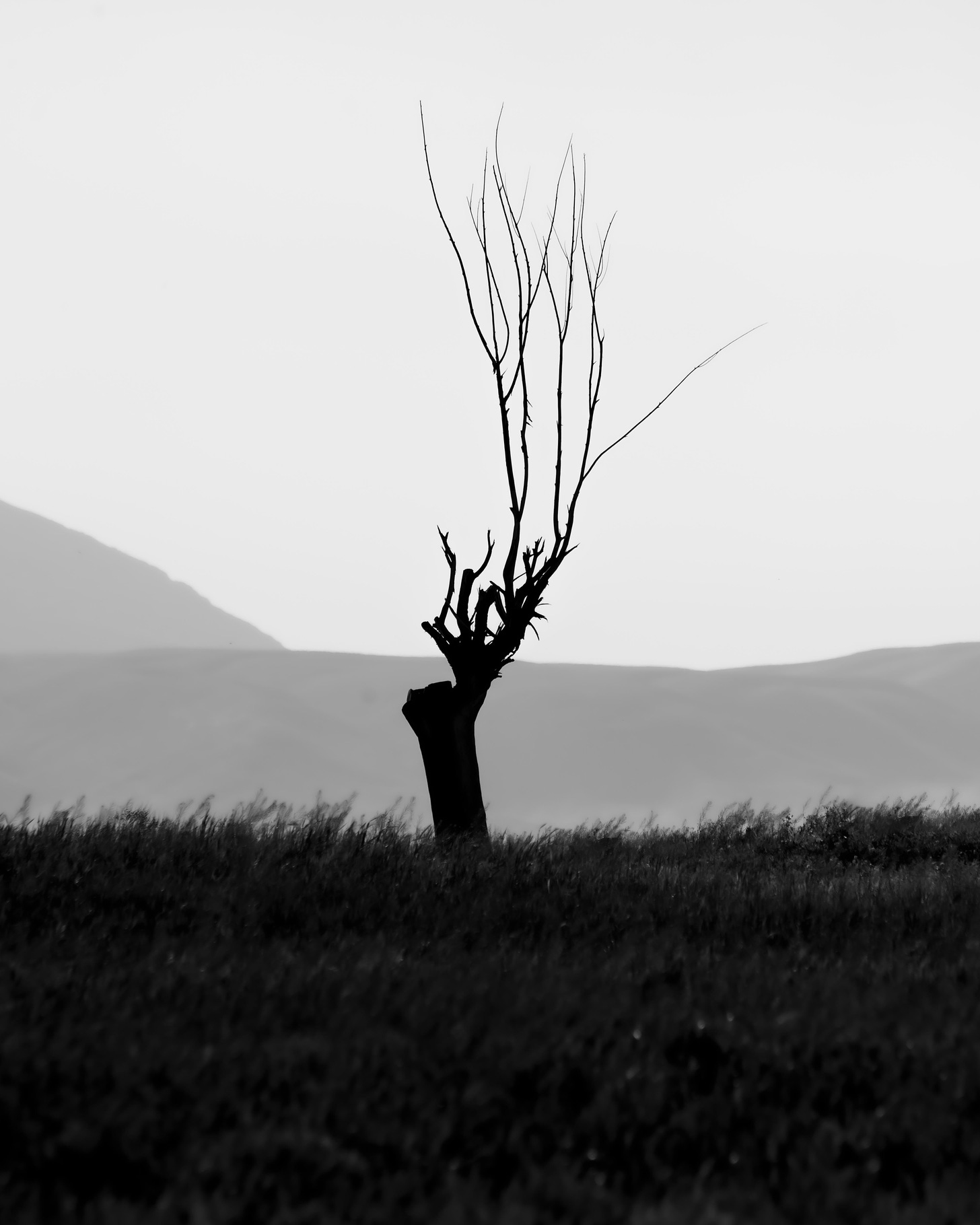I worry more than ever about what will be left behind for my children, my grandchild. Our democracy is decaying like bad fruit. The worms are eating away at what once had been hanging delicately from our nation’s tree. Delicate because democracy is fragile. And when the fruit falls, the tree may not have the nutrients to fruit again, to restore itself, to find new life.
Sounds pretty dark, doesn’t it? But that’s where I am. That’s where we are. That’s what America is facing.
I have been a cautious optimist most of my life. Skeptical, yes. Questioning, yes. But down deep, I have seen the good in most. The possibilities. Even the greatness. But there are now frayed threads holding my optimism together, stretched to their limits. Intolerance. Straight up lies are sold as truth. Fear is stoked. Hate permeates. Intelligence is dismissed, scorned, seen as a flaw. If democracy is to fail, it will not come through a military coup, but rather, as author David Runicman’s new book suggests, its demise will come from within. In How Democracy Ends, Runciman warns that the decline of democracy will become much harder to detect as we no longer can tell the difference between fear and reality. You can see it in this election season. It is everywhere, and spreading like a political pandemic.
And if I, or you, or anyone else believes in his current reality, what on Earth do we do about it?
Go vote, they say. But yet, our votes will certainly be challenged in many ways. Questioning ballot integrity is now the norm whether it’s based on truth or not. We must vote, but increasingly we wonder what good it does in a nation so divided? As Runciman writes in his book, we are living in an age in which democracy is taken for granted and is allowed to disintegrate from the inside. And what happens when people stop believing in the system and in democracy? It dies on the branch.
I read a New York Times opinion piece recently that reminded us of William Butler Yeats’ poem “The Second Coming” and how its apocalyptic theme mirrors our current state. But I might suggest Shelley’s poem “Ozymandias” as a more direct commentary. His poem describes the ruins of an ancient king’s statue in a vast desert, and reminds us that great kingdoms will eventually fall to the sands of time.
Nothing beside remains. Round the decay
Of that colossal Wreck, boundless and bare
The lone and level sands stretch far away.
What I pray for cannot emerge from what happens at the ballot box alone. But will come instead through continued and vigilant awareness. The constant, everlasting clarity of our own disease and how to treat it. And a willingness to return to a common belief that democracy works when we care for it, when we believe in its power instead of believing misguided political power controls a lesser democracy. We must remember who we are fighting. It is us. We are battling ourselves. We are our own enemy.
So what will remain when this era passes? What will be left for the children and the grandchildren?
What we have given them recently doesn’t allow for much hope. America is a country where parents fear sending their children to school, a country where we confuse freedom with hatred and untruths, a country where selfishness counts more than kindness, where individualism trumps community, where religion is an excuse for intolerance. This is where we are. Where now do we go?
I don’t have the answer, but part of it may lie between the words of another poet. Wallace Stevens’ “A Postcard from the Volcano” evokes the ghosts of the present and the future, touching on what will last, and on what we will remain for the rest of us to somehow carry on.
Children picking up our bones
Will never know that these were once
As quick as foxes on the hill
Photo: Hooman Takbiri




